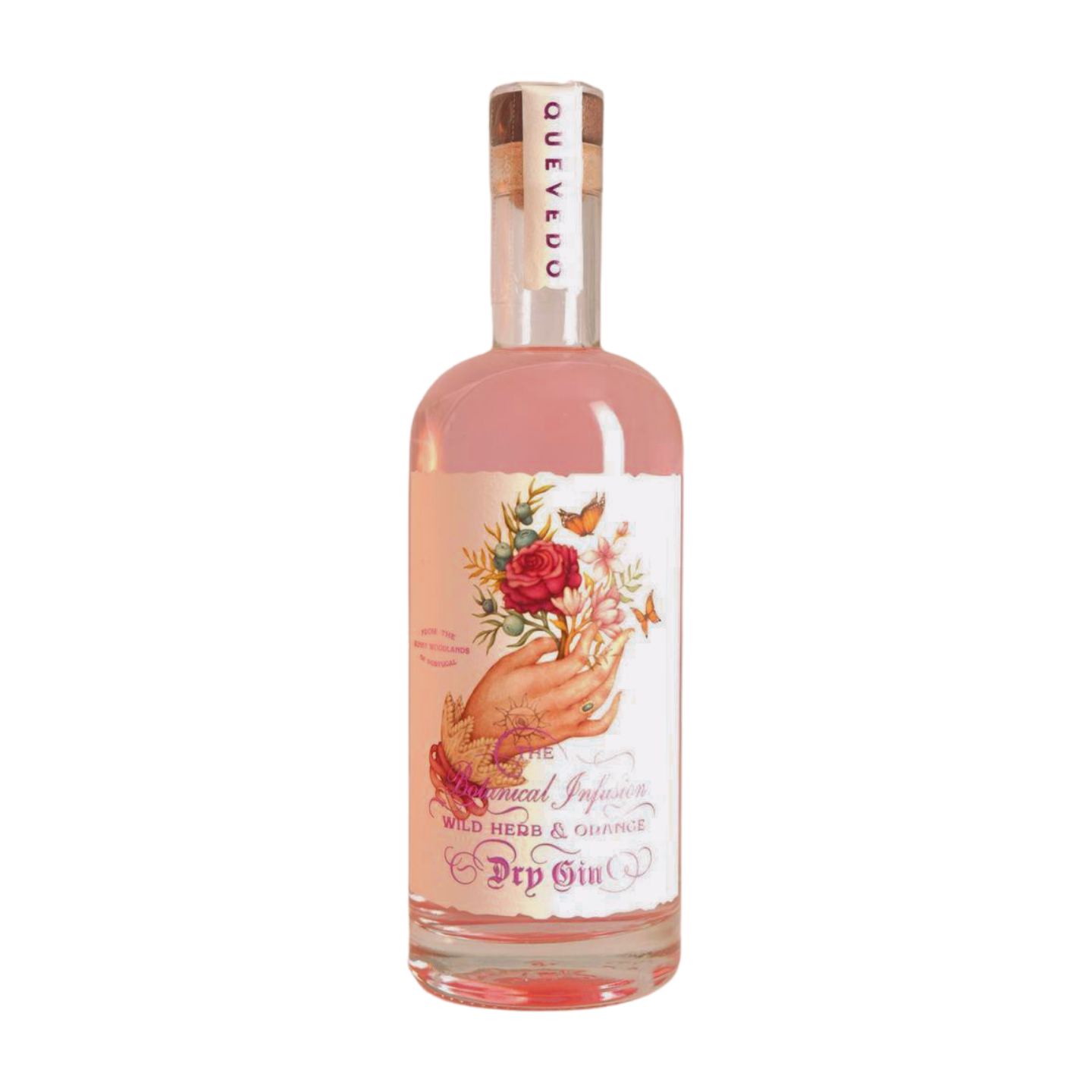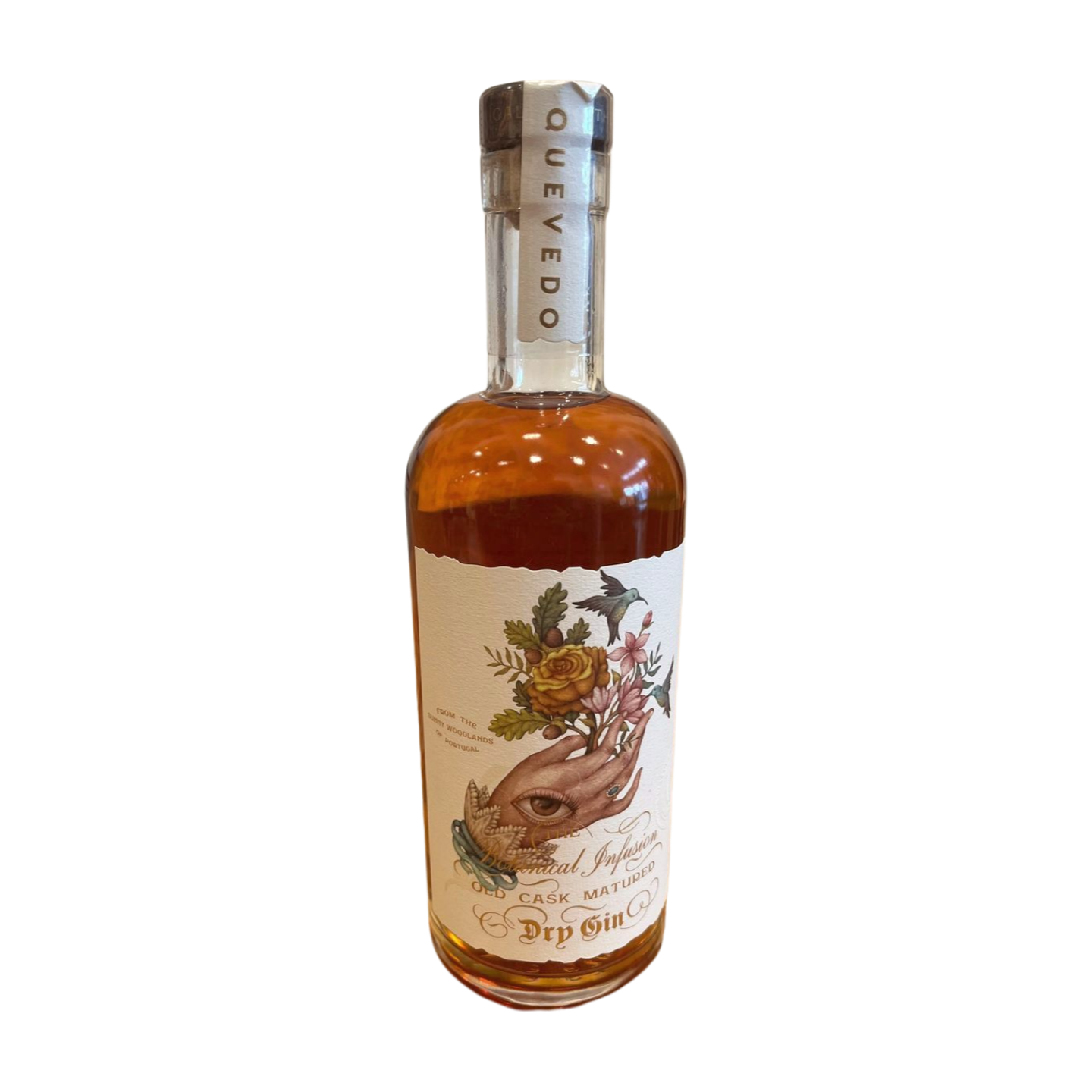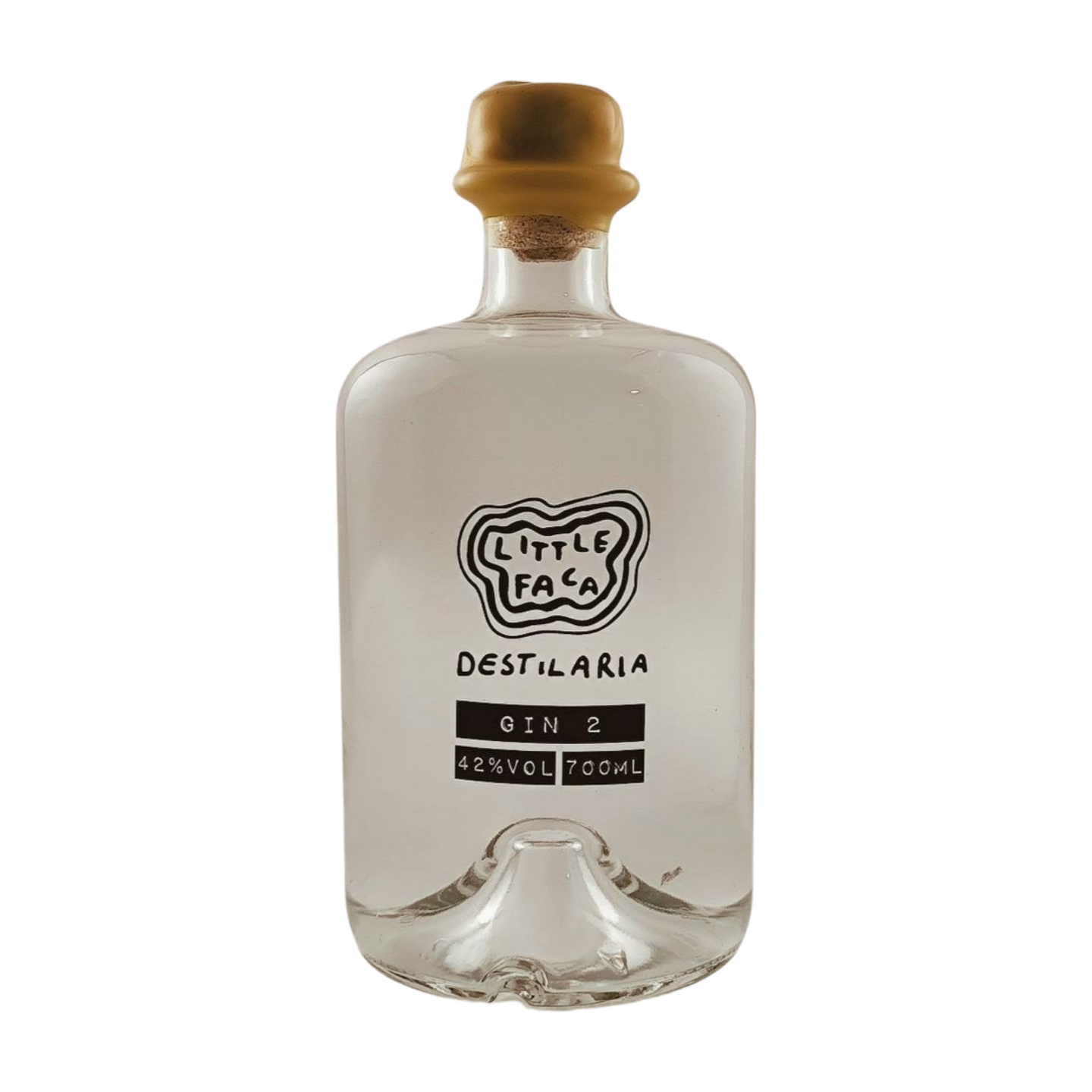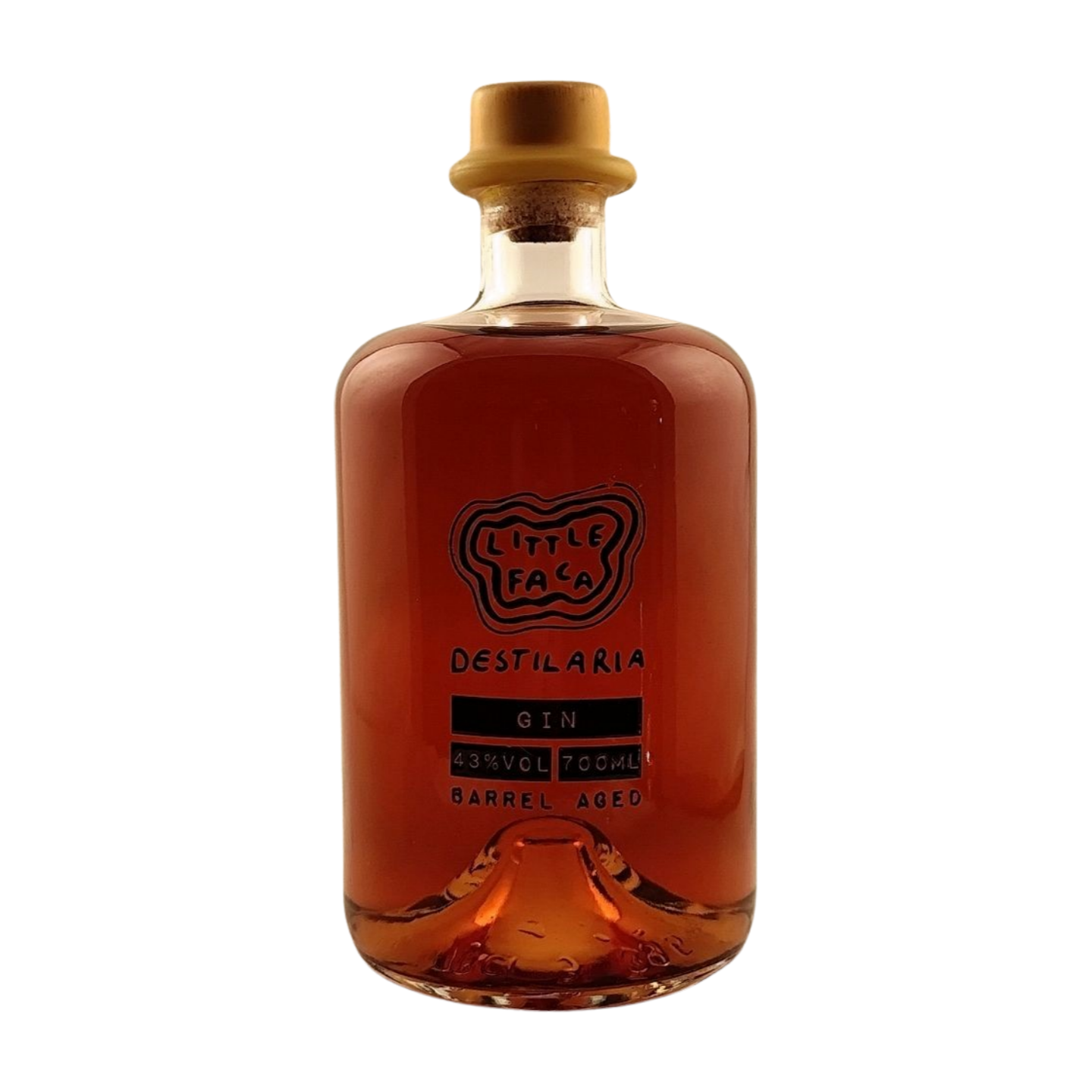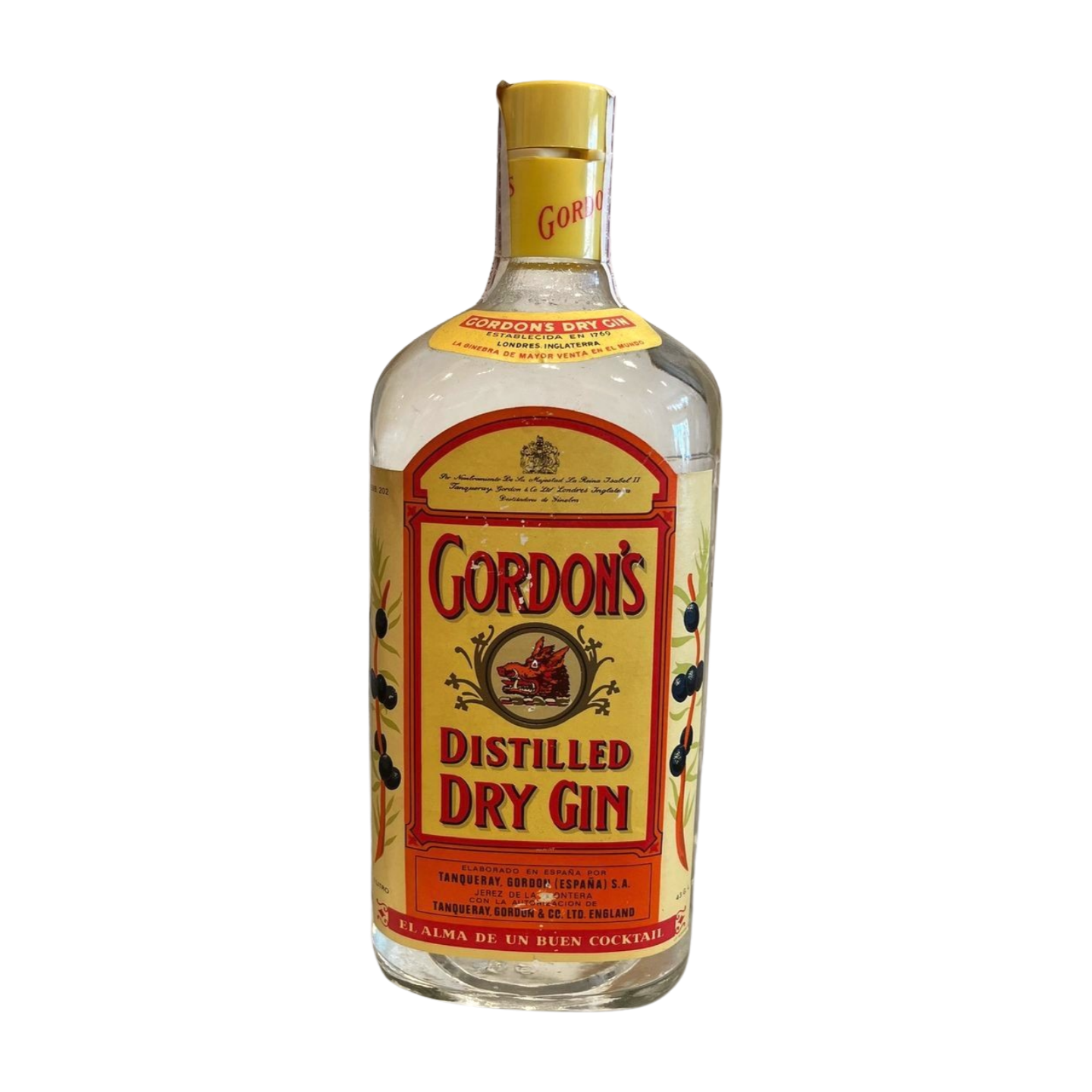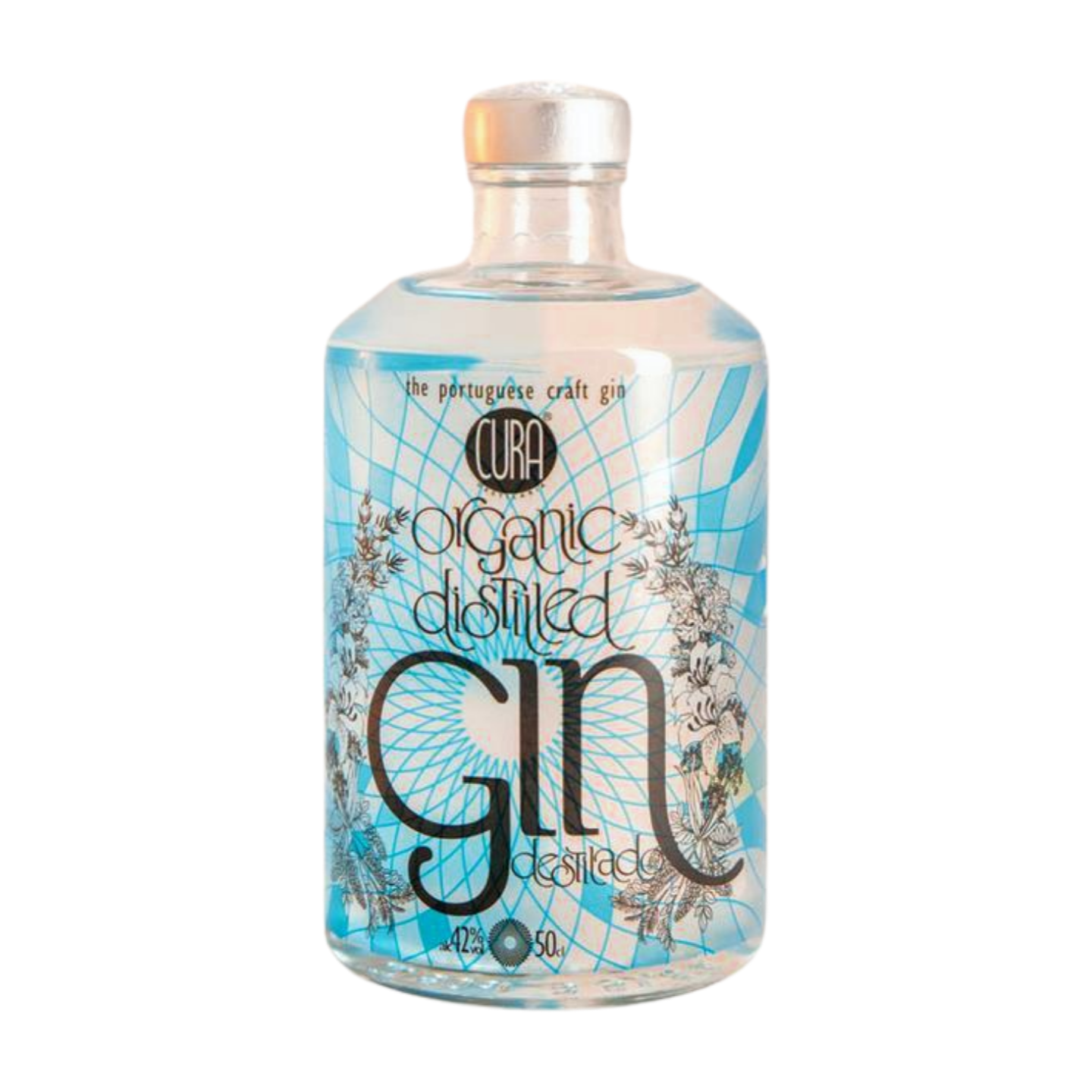Gin
Gin distillation has a rich history dating back centuries, with its roots in the Netherlands where juniper-flavored spirits were used for medicinal purposes. The process of distilling gin has evolved over time, but the core principles remain largely unchanged.
The gin-making process begins with the creation of a neutral base spirit, typically made from grains like wheat or corn. This base spirit is essentially a high-proof vodka, which serves as the canvas for the gin's flavors. The key to gin's distinctive taste lies in the botanicals used to flavor it, with juniper berries being the most crucial ingredient.
Traditionally, gin distillers use a method called "steep and boil" to infuse the base spirit with botanical flavors. In this process, the chosen botanicals are steeped in the diluted base spirit (usually around 50% alcohol by volume) for a period that can range from a few hours to a couple of days. Once the steeping is complete, the mixture is distilled in a pot still. During distillation, the liquid is heated, causing it to vaporize. As the vapor rises and passes through the still, it carries with it the essential oils and flavors from the botanicals.
An alternative method, known as "vapor infusion," involves placing the botanicals in a basket or chamber within the still's lyne arm. As the vapors from the heated base spirit pass through this chamber, they pick up the flavors of the botanicals. This technique is often used to create lighter, more delicate gins.
The skill of the distiller comes into play during the distillation process, as they must carefully control the temperature and decide when to make "cuts" in the distillate. The initial portion of the distillate, called the "heads," and the final portion, known as the "tails," are typically discarded or redistilled. The middle portion, or the "heart," is collected to become the final gin product.
After distillation, the gin is usually diluted with purified water to achieve the desired alcohol content for bottling. Some distillers may add additional flavorings or sweeteners at this stage, though many premium gins are bottled without further additions.
The gin-making process allows for considerable creativity and variation. Distillers can adjust the botanical mix, steeping times, and distillation techniques to create unique flavor profiles. This versatility has led to the proliferation of craft gins in recent years, with distillers experimenting with local and exotic botanicals to produce distinctive spirits.
Filters
Portuguese wine
Frequently asked questions
The entire country of Portugal is divided into 14 different wine regions, including in the Azores and Madeira islands. Some of Portugal's most famous winemaking regions include the Douro Valley (known for Port) and Vinho Verde (known for its light, refreshing white wines).
Portugal is becoming more well known for its orange wines, talha wines (traditionally made in clay pots), and palhete (made by blending red and white grapes together).
Portugal is best known for its fortified wine, called Port wine. It is produced in the Douro Valley, which is a UNESCO World Heritage Site and recognized as the world's first demarcated wine region, established in 1756.
Vinho Verde in northern Portugal is another popular winemaking region characterized by rolling hills and lush landscapes. It's known around the world for low-alcohol, refreshing white wines, although the region traditionally focused more on red wines made with the fruit-forward vinhão grape.
The Portuguese island of Madeira, with its subtropical climate, is renowned for its fortified wines. Winemaking here dates back to the 15th century, when Portuguese
explorers brought grape varieties from around the world.
Our sustainable, natural wine shop is located in the Marquês neighborhood in Porto, Portugal. We also ship to countries around the world, including within Europe, the United States, Canada, Australia, China, and more. Review our Shipping Policy to learn more.
In recent years, there has been a notable shift toward sustainable viticulture and the production of natural wine in Portugal. Many winemakers are implementing organic farming practices and embracing biodiversity to maintain soil health and reduce chemical inputs. This commitment to sustainability is not only beneficial for the environment but also enhances the quality of the wines, allowing the unique characteristics of the terroir to shine through. For example, some winemakers are now utilizing ancient terracotta amphorae for fermentation (called talha in Portuguese). This method preserves regional cultural heritage, enhances the wine's character, and aligns with sustainable practices by reducing reliance on modern materials.

